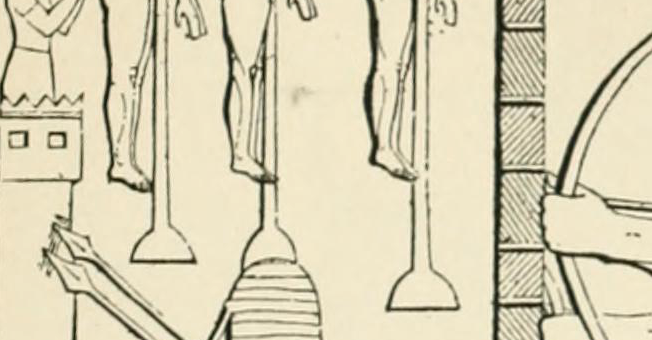
Hammurabi was a Babylonian king who ruled from 1792 to 1750 B.C. The king put together a written set of legal code that contained 282 rules. These rules were then carved onto a large stone pillar for everyone to see.
The code set rules for slaves, freed men, and the freeborn people of the city-state of Babylon. It governed trade, marriage and divorce, crime, and property.
The Code of Hammurabi gave the elders a set of punishments to assign to anyone who disobeyed the Code. Oftentimes, people lost their hands, eyes, or even their ears for a listed crime. From this ancient Code, we get the old saying, “an eye for an eye and a tooth for a tooth.”
In this article, we are going to take a look at the death sentences imposed by the Code of Hammurabi.
False Accusations Were Deadly
First, falsely accusing another person of a serious crime could land the accuser in serious trouble. Instead of a trial as we know of them today, guilt or innocence was determined when the accused jumped into the river. If the accused sank, the person who accused him of the crime could take possession of the dead man’s home. However, if the accused managed to swim to safety, the person who accused him of a crime was put to death and the accused was given the accuser’s home.
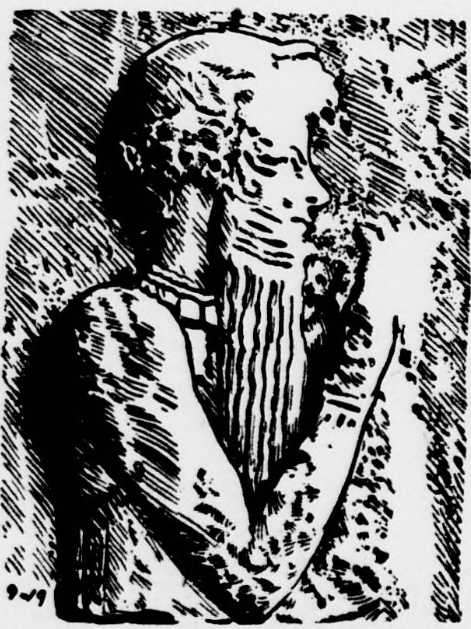
Furthermore, if an accuser went before the elders without any tangible evidence of a crime, he ran the risk of being put to death for making a false accusation.
Theft and Receipt of Stolen Property
The Code of Hammurabi contained numerous laws governing theft and the receipt of stolen property.
For example, if someone stole from the temple or the court, he would be put to death. If the thief gave or sold the stolen item to another person, that person would also be put to death unless he could prove that he had no knowledge of the item having been stolen.
Not only did one have to be careful about what they bought, but they had to be careful about who they bought something from. If a man bought an item from a slave or the son of another man, the purchaser would be considered a thief and could be put to death. The only legal purchase to be made was from the actual owner of the property or item, unless a contract or witnesses was in place to prove that the original owner approved of the arrangement.
Slave Ownership
Tampering with another person’s slave could also get a person killed. For instance, taking another person’s slave outside the city gates would be a death sentence.
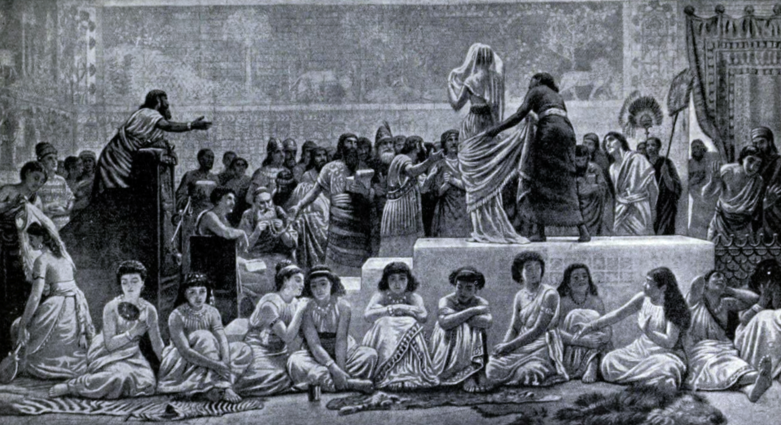
Hiding runaway slaves was also a death sentence.
Breaking into Someone’s Home
If someone were to break into a home to steal, the thief would be taken back to that home, killed there, and buried. Any form of robbery was punishable by death.
Theft During Fire
If a person’s home was burning and someone went into his house to help put the fire out, if that person was caught stealing from that home, the thief would be put to death by fire.
Drink and Conspiracy
Tavern keepers had to be careful about who they allowed in their establishment. Within the Code of Hammurabi, it was stated that any tavern keeper who allowed conspirators in the tavern, and if those conspirators were not caught, the tavern keeper would face the death penalty.
Wives
Adultery was a huge no-no in ancient Babylon. If a wife and some other man were caught in the act of having an affair, both the wife and paramour could be tied up and thrown into the river. The husband, if he desired, could pardon his wife and save her from drowning.
Also, if a man forced himself on another man’s wife and he is caught in the act, the man would be put to death and the wife would be held blameless in the situation.
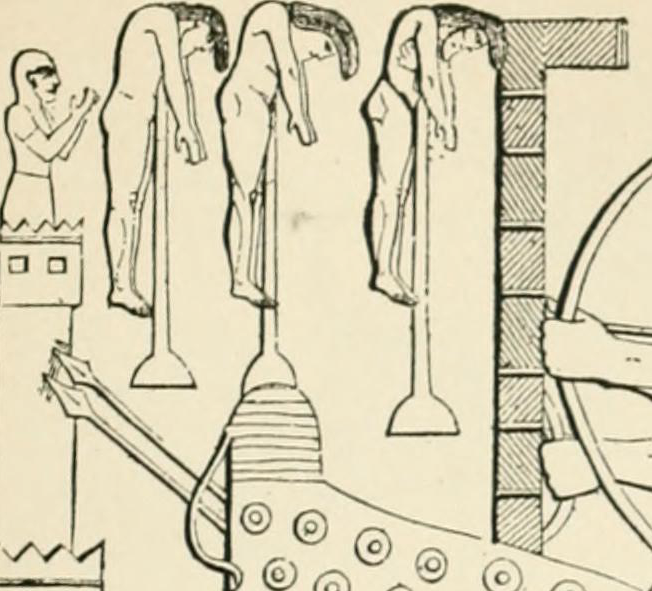
Impalement
When it came to affairs, sometimes a simple drowning was considered far too kind. For instance, if the wife of a man and the husband of another woman were having an affair and decided to murder their spouses, both the widows would face impalement.
The Daughter-in-law
There was also a problem with fathers having intimate moments with the wives of their sons. One of the laws stated that if the son’s father was caught in the act with the son’s wife, the father would be bound and cast into the river.
Mother and Son
However, if a son was caught in the act with his own mother, both he and his mother would be burned to death.
Hitting
Hitting women appears to have been okay during this time period, unless the woman was pregnant. The Code states that if a man hit a freeborn woman and she lost her child due to the injury, the man had to pay a fine. If the woman died as a result of the assault, then the man’s daughter would also be put to death.
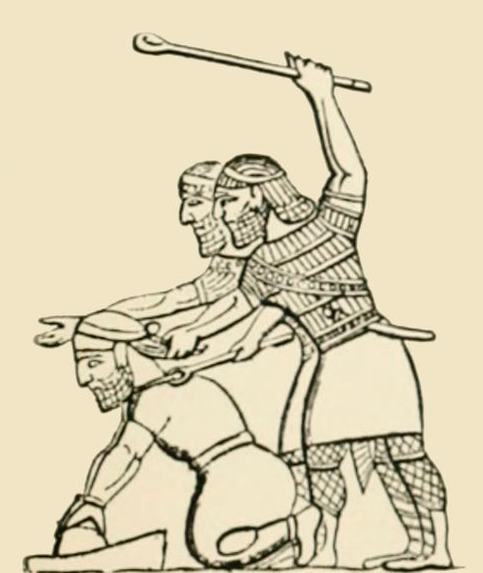
Builders Beware
Finally, if a house builder did not build a home properly, and the house collapsed and killed the owner, the house builder was put to death. If the house collapsed and the owner’s son was killed, then the son of the house builder was put to death.
If you want to read more about the Code of Hammurabi, the link below will take you to the full Code on Yale.

